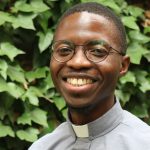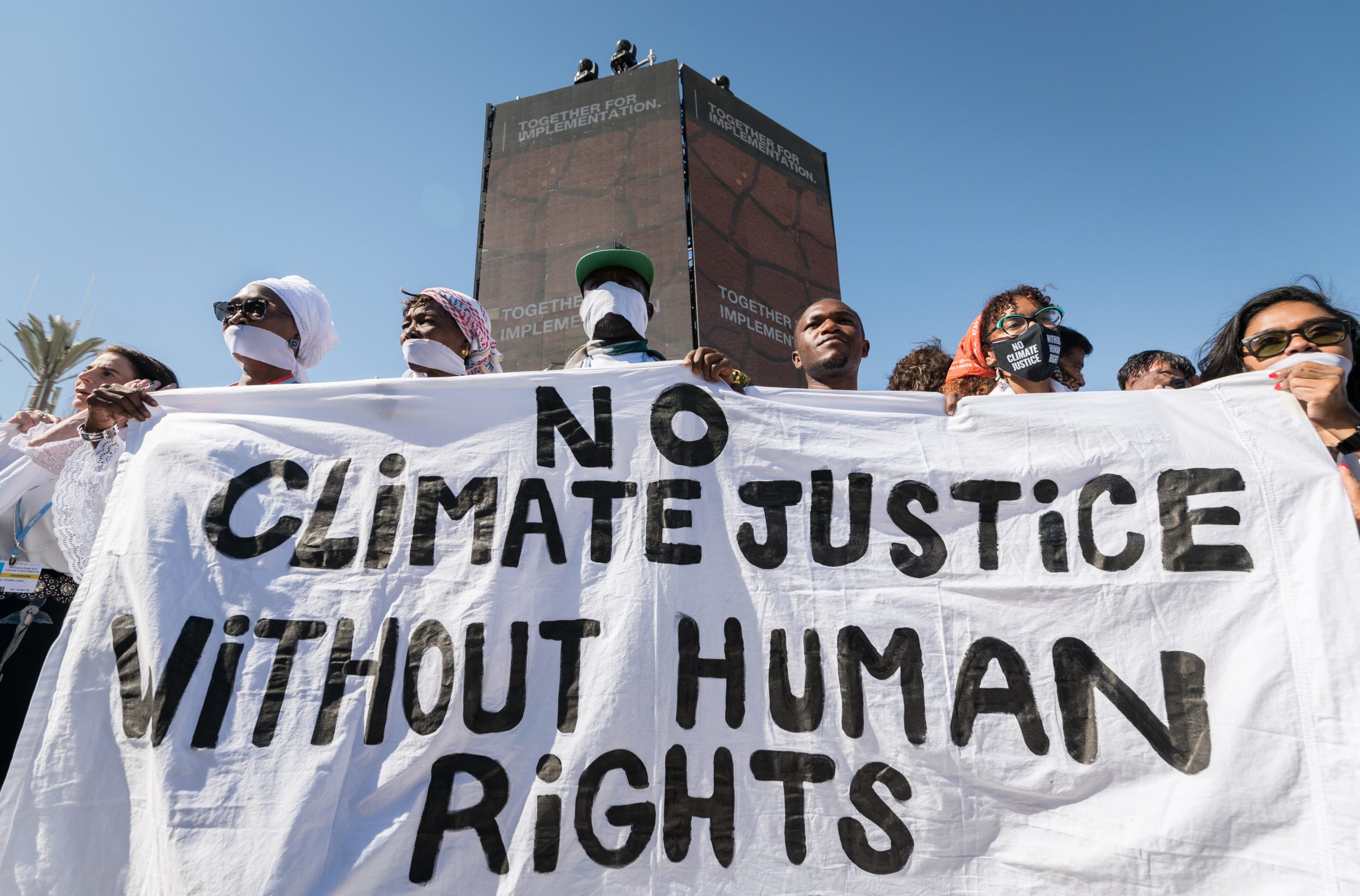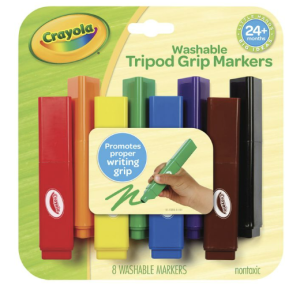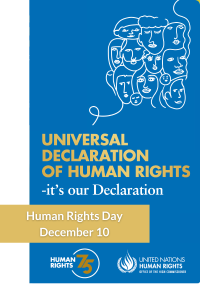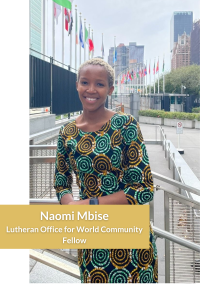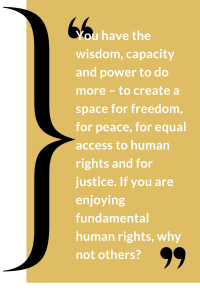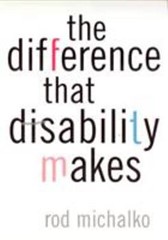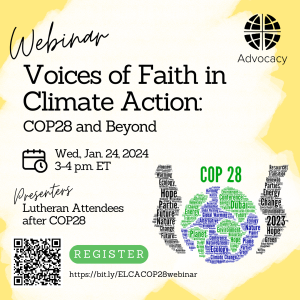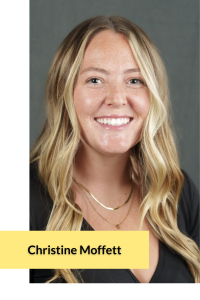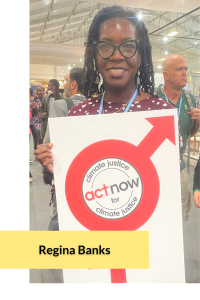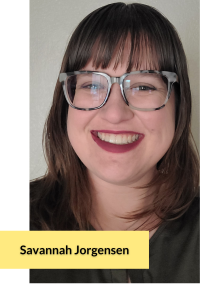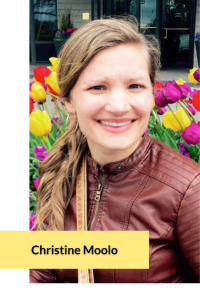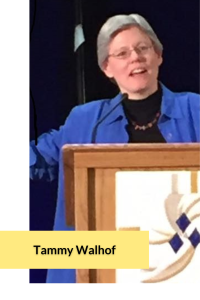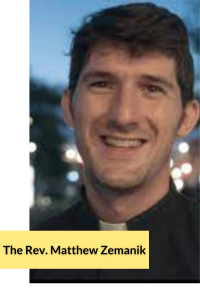 By the seventh day God had finished the work he had been doing; so on the seventh day [God] rested from all his work.
By the seventh day God had finished the work he had been doing; so on the seventh day [God] rested from all his work.
Here in Genesis 2:1, we learn about the continuing of creation, flora and fauna, rest from the six days God created the skies and the earth and humanity.
We’ve heard this Scripture countless times, in pithy sentences, in expectation for an abstract time in the future where we would pause and reflect. But, when the appointed time comes, many of us continue ticking things off the to-do list, doing one last thing before rest, continuing the cycle until we realized we haven’t actually rested. We admire the Creator for building this seventh day into our default weekly flow, a pause, a hiatus from production. Production is fruitful for our humanity and society as we work together to address hunger and inequalities, as God made creation to work together. But what if we thought of rest not as mutually exclusive from this week of creation, but an essential part of the weekly rhythm?
For a little while, especially since the beginning of this global COVID-19 pandemic, the distraction of social media, the news cycle, and the endless doom scrolling impeded my rest. Bad news penetrates my phone and computer and even when I try to take a break, the convenience of my phone sending alerts makes it difficult. Constant production and consumption have eclipsed my daily rhythms, leaving no room for true rest. It is addictive to contribute to or learn more about the people and communities, using the ruse of being connected and informed, but this type of connection is not supposed to be constant.
Back in October, I had the opportunity to attend Blue Mountain Center, a residency in upstate New York to give artists and activists time to rest. The location of the center was rest in itself, there was no Wi-Fi or cell service, so my usual distractions – email, social media, streaming – were eliminated and I was able to meditate, share meals and create. There were hours, days sometimes, where I cleared my brain of both production and consumption, and allowed my mind to wander. It was a reset.
Our newsfeeds report constant disaster, from the recent tornadoes in Tennessee, the ongoing water crisis in Mississippi, and international humanitarian crises, especially the conflicts in Gaza and Sudan. With news like this, rest feels like a luxury, not essential. How can we rest when the global community needs support from each other?
Rest, however, is one of the ways we cultivate resilience in our work as disaster workers. Our work often does not allow us to rest, because disasters and their fallout are unpredictable. That’s when we lean on our community and solidarity we’ve built so we can take time to rest. Our partnerships with ELCA synods, community organizations and disaster coordinators are essential to fit into our rhythms of work and rest. Resilience in disaster works when there are many people and organizations who play specific roles.
When God created the seventh day, God did not rest because God did all the work of creation in the six days prior. God rested because rest is intrinsically built in the rhythm of life. That means, if we choose Sunday to be the seventh day, then no matter what happened the past week, whether we fall to illness, or lose track of time, or projects and schedules fail in the many ways they often do, we still must rest. Rest allows us to be human, understanding that production may not work the way we need it to, but days of work will always come back around.
We’ve built the December holidays as a regular rhythm of rest. We reflect on the birth of Jesus Christ, slow down a little at work, make plans to visit family, even arriving a few days early to help pick up turkeys and hams, hang Christmas lights and place snowmen around the house, share old recipes and create with family and friends we may not see. Or for others of us, we may take the time out to reflect alone by catching up on reading or television shows we’ve missed. No matter how we choose to spend the time, we are, like God, creating this time to rest our minds and hearts from production and consumption.
I hope we take this time to truly rest, whether it is a few hours away from the phone, a few more minutes spent in meditation, or taking a few days from meetings and emails to reset our human rhythm.
Emma Akpan (she/her) is the regional representative for the Southeastern region on the Lutheran Disaster Response Initiatives team. Emma was inspired to dedicate her career to public service after graduating seminary and organized and advocated for women’s reproductive rights, voting access and racial justice. Just prior to joining the LDR team, she worked in political technology and helped advocacy organizations to use creative ways to reach people impacted the most by changing policy decisions with technology.



